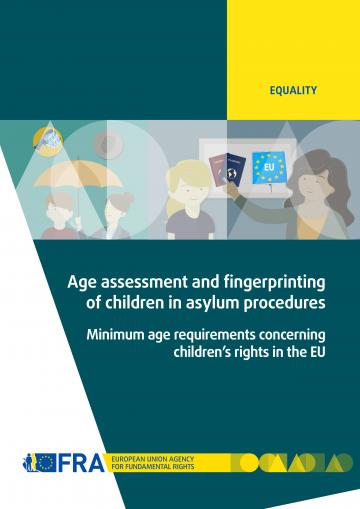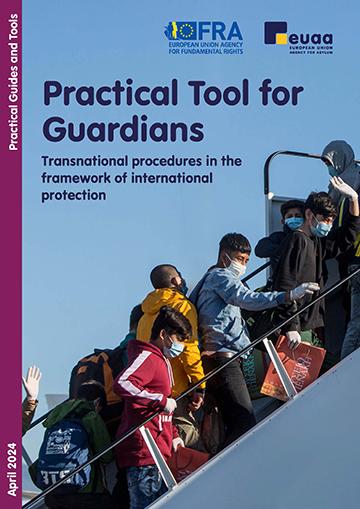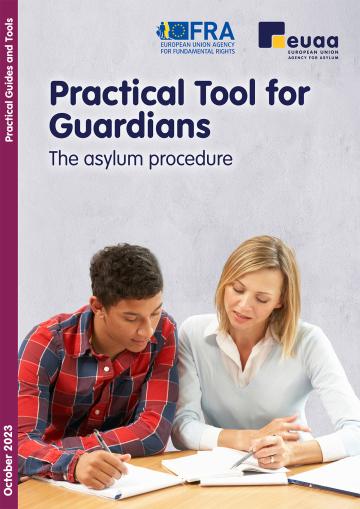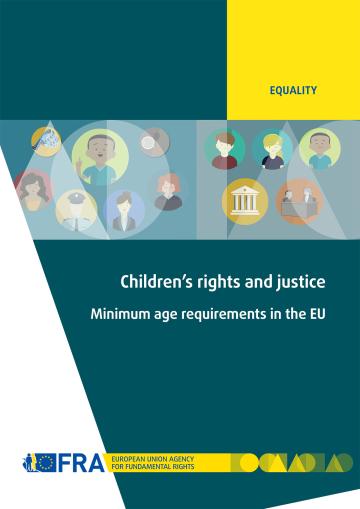
Age assessment and fingerprinting of children in asylum procedures – Minimum age requirements concerning children’s rights in the EU
an applicant may include “invasive” medical tests which interfere with the rights of the child, including their right to dignity,
integrity and privacy. It is often a challenge to find the right balance between protecting children from harm and promoting
their participation in these procedures. This report provides important insights and identifies the implications of collecting
children’s biometric data and conducting age assessments.
The lives of children are affected by migration procedures which determine their status and whether they are treated as a minor or an adult, and therefore not entitled to special child protection measures.
The report is one of two FRA reports addressing minimum age requirements in particular fields. The second report outlines age requirements and limits regarding child participation in judicial proceedings; procedural safeguards for, and rights of, children involved in criminal proceedings; as well as issues related to depriving children of their liberty. In addition, FRA has published on its website comparative data on age requirements in nine thematic areas: legal capacity; political participation; health; religion; asylum and migration; access to justice; children in the digital world; social and economic rights; and LGBTI issues. Taken together, the reports and published data provide a comprehensive overview of minimum age requirements in the EU.
Contents
- Key findings and FRA opinions
- Age assessment of children in asylum procedures
- Fingerprinting children under migration and asylum law procedures



